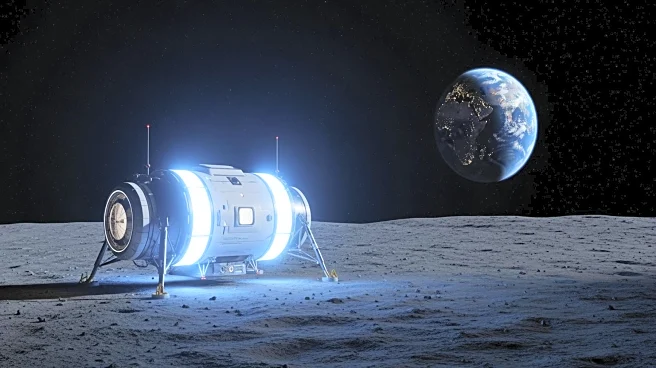What's Happening?
The COP30 summit in Belém, Brazil, has encountered significant challenges as the latest draft text removed references to transitioning away from fossil fuels. This decision has led to a split among participating nations, with over 80 countries, including
the EU and climate-vulnerable island states, rejecting the text as insufficient. The oil-producing bloc, led by Saudi Arabia and the UAE, has resisted changes, resulting in a stalemate. The summit's inability to address fossil fuel dependency highlights the geopolitical tensions and the difficulty in achieving consensus on climate action. The draft's proposal to triple adaptation finance by 2030 lacks concrete funding mechanisms, further complicating negotiations.
Why It's Important?
The removal of fossil fuel language from the COP30 draft text underscores the challenges in global climate diplomacy, particularly amid geopolitical tensions. The inability to agree on a transition away from fossil fuels risks undermining efforts to combat climate change and achieve emissions targets. The summit's deadlock reflects broader issues in reconciling environmental ambitions with economic and security realities, as Western nations face energy security concerns and industrial dependencies. The situation highlights the need for pragmatic approaches to climate policy that balance environmental goals with economic and geopolitical considerations.
Beyond the Headlines
The COP30 deadlock serves as a warning sign for Western nations, emphasizing the need to reconcile decarbonization efforts with re-industrialization. As geopolitical tensions rise, the ability to produce essential goods domestically becomes crucial for economic and military strength. The summit's challenges highlight the importance of aligning climate policies with strategic interests, ensuring that environmental ambitions do not compromise national security and economic stability.















